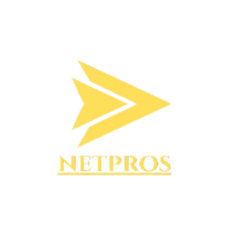An important aspect of IPTV’s ongoing development is the role of smart devices and home networking. The widespread adoption of smart TVs, streaming boxes, and set-top boxes has made IPTV more accessible to the average household. These devices often come preloaded with IPTV applications, allowing users to easily install and navigate through channels and on-demand libraries without needing technical expertise. This plug-and-play simplicity has helped accelerate IPTV’s adoption across diverse demographics.
Additionally, IPTV services increasingly IPTV UK incorporate cloud technology, enabling users to store content remotely and access it from any compatible device. Cloud-based digital video recorders (DVRs) let viewers record shows without the need for physical storage devices, offering greater flexibility and freeing up home space. This cloud integration also supports multi-device synchronization, so users can pause a show on one device and resume watching on another, making the viewing experience seamless across platforms.
The integration of artificial intelligence (AI) and machine learning (ML) is another exciting frontier in IPTV technology. By analyzing viewing patterns, AI algorithms can provide personalized recommendations, helping users discover new content aligned with their tastes. This personalization enhances user satisfaction and engagement, ensuring that viewers spend less time searching and more time enjoying content tailored specifically for them.
Furthermore, IPTV is increasingly important in the business and educational sectors. Many companies use IPTV platforms for internal communications, live streaming events, training sessions, and webinars. Schools and universities are leveraging IPTV technology to deliver lectures, educational content, and interactive learning experiences remotely, especially as online and hybrid education models grow.
Security and privacy remain critical concerns for IPTV providers and users alike. Encryption technologies and secure streaming protocols are essential to protect content from piracy and unauthorized access. At the same time, safeguarding user data and ensuring compliance with privacy regulations are ongoing challenges as IPTV services collect and analyze viewer information for personalized experiences.
In the near future, the IPTV landscape is likely to be shaped by increased collaboration between traditional broadcasters, internet service providers, and technology companies. Hybrid IPTV models that combine the reliability of broadcast signals with the flexibility of internet streaming may become more common, offering the best of both worlds in terms of quality and accessibility.
Overall, IPTV represents a significant leap forward in how content is delivered and consumed. It empowers viewers with choice and control while opening up innovative possibilities for content creators and businesses. As the technology matures, IPTV is set to become an integral part of daily life, transforming entertainment, education, and communication on a global scale.
